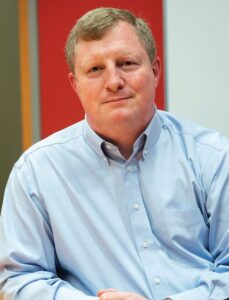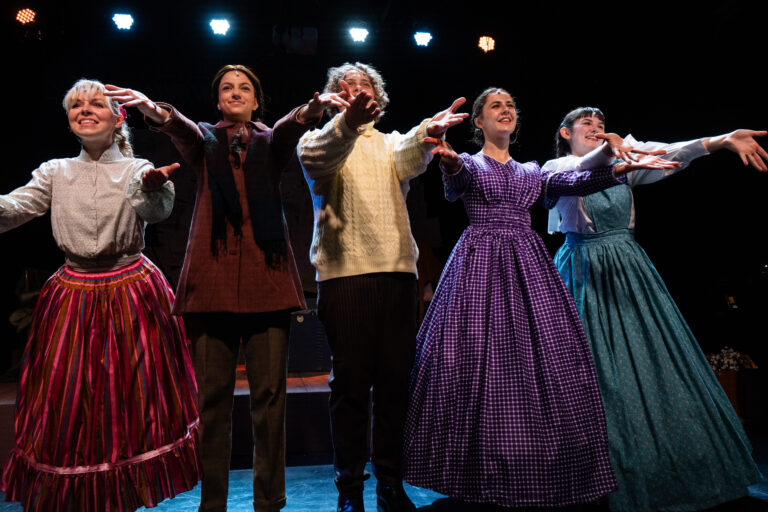
Paul Engle, the late poet and arts entrepreneur who led the Iowa Writers’ Workshop and co-founded the University of Iowa’s International Writing Program, once said, “If you are reading poetry to each other, you are not fighting each other.”
In some ways, Mr. Engle was stating rather succinctly the original mission statement of the United Nations Educational, Cultural and Scientific Organization (UNESCO): “To contribute to peace and security by promoting collaboration among nations through education, science and culture in order to further universal respect for justice, for the rule of law and for the human rights and fundamental freedoms.”
That sounds like a reasonable goal. Yet for the second time, a Trump administration has decided the United States should withdraw from that organization. That decision has an impact on my organization, the Iowa City UNESCO City of Literature, but probably not in the way you might think. As was the case in 2017 – the last time the U.S. withdrew from UNESCO – I don’t expect any change to Iowa City’s designation.
As a member of the Creative Cities Network since 2008, Iowa City is one of the longest-tenured and most respected cities among the 350 that claim designation in one of seven art forms. Our nonprofit manages that designation, and we will continue to participate in network activities, attend meetings, and communicate and collaborate with our international colleagues.
But when the U.S. leaves UNESCO on Dec. 31, 2026, the negative repercussions for us will come because of the world in which we do our work. As you can guess from its name, UNESCO plays a vital role around the globe in promoting educational opportunities, protecting and promoting cultural assets, and supporting scientific research into the challenges that stifle progress in our world. By withdrawing from UNESCO, the U.S. takes away resources that account for as much as 20 percent of the international organization’s budget, directly affecting its ability to meet needs across those sectors.
And by ceding our seat at the table, we lose our voice in debates over issues like artificial intelligence, freedom of expression, and environmental protection. Other countries have and will again eagerly fill the vacuum left by our exit, and the results won’t necessarily be favorable for the U.S.
We are willing to wait out political changes that lead to shortsighted decisions, but the world will have suffered in the interim. We here in Iowa City will continue to do our work: Our annual Iowa City Book Festival will be held Oct. 5-12, for example, and will feature the usual mix of authors sharing stories and spreading ideas.
That is a major part of our mission, connecting readers and writers through the power of story. But at a time when the rest of the world is finding ways to build ties, the U.S. is severing them, and that makes our work more difficult. Better to emulate Mr. Engle, who saw the value of connecting with the rest of the world, of fostering creation and collaboration, and celebrating culture.
Speaking of the idea behind the International Writing Program, he said, “I felt it is imagination that brings all men together. It isn’t politics or economics or history. It’s the imagination. So, all writers of the world ought to come to Iowa City.”
More to the point, the people of Iowa ought to experience the rest of the planet, if not in person then through the words of those writers of the world. We will do our part, sparking the imagination by offering opportunities to learn new ideas and experience different perspectives.
John Kenyon is the executive director of the Iowa City UNESCO City of Literature organization.







